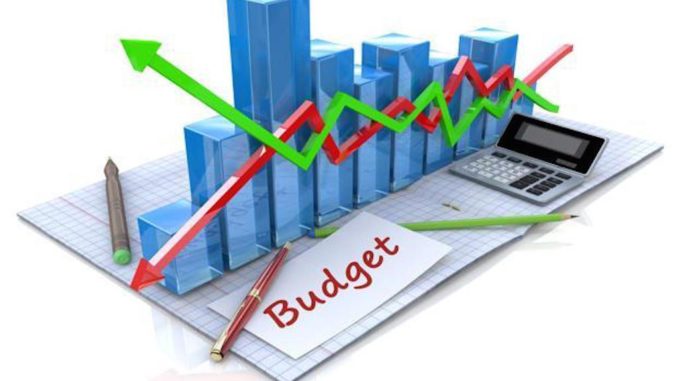
No aspect of the budgeting process is more Sisyphean than the pro-cyclical nature of the philosophy of its funding. In theory, there has been no administration in Nigeria that was ignorant of the need to break the chains of dependence between the economy’s outcomes and the outlook for crude oil prices in the global markets.
Another interminable budget round, and the sense that we are not a serious people is reinforced, once again. If the annual federal budget is an essential planning tool (and the consensus around the world is that it is), what does our inability to pass, on time, the act that lends the weight of the law to each annual budget speak to? That the political expedients on the altar of which we have, season-in, season-out, sacrificed these budgets have a Snapchat-quality to them (their resonance is barely hours-deep) makes our dilemma even worse.
No aspect of the budgeting process is more Sisyphean than the pro-cyclical nature of the philosophy of its funding. In theory, there has been no administration in Nigeria that was ignorant of the need to break the chains of dependence between the economy’s outcomes and the outlook for crude oil prices in the global markets. This is the quest to diversify the economy to which our governments pledge themselves on assumption of office ― as if it were an initiation requirement.
This, though, is the same commitment that each government invariably breaches as the global oil price ebbs and flows. It has been argued that we fail in this respect largely because our policy response function still conceives of the government as a “nanny” responsibility. So, even though it may be committed to growing the economy, the Buhari administration, for example, is unable to pass this function on to the private sector, while it focuses on strengthening the regulatory environment’s competitiveness, and improving the quality of inputs into the production process.
In part, it is also argued that a pre-agrarian mindset might currently dominate this process. A people whose constitution is loth to save cannot see an increase in its inflow of funds that must not be spent. How much of this is the result of years of inadequate infrastructure conditioning our thought processes? In other words, is it not the case that a people whose poor post-harvest infrastructure enjoins them to eat up all their harvest (to avoid spoilage), or a people for whom the non-availability of electricity regularly has taught not to buy household needs more efficiently (in gross), can never seem to understand what it is to save?
By far the biggest ball that we have dropped in managing this economy has been the failure to abide by the oil price-based fiscal rule. In other words, our failure to save the windfall as global oil prices rise above successive annual budgets’ oil price benchmarks.
Not on current evidence. In bumping up the 2018 appropriation bill from N8.6 trillion (US$28.1 billion) proposed by President Buhari in November last year, to N9.12 trillion, the National Assembly looked to rising global oil prices (the benchmark Brent crude oil blend recently nudged US$80 per barrel), and hiked the budget’s crude oil reference price from the US$45pb presented earlier by the executive arm, to US$51pb. It did not matter to our legislators that all the drivers of the current oil price bump are extraneous to the best efforts of the managers of the economy. Or that these drivers (rising geo-political tension in the Middle East, and the subdued, up to now, response of shale oil producers in the U.S. to rising prices) are some of the flightier variables of any global economic model.
This narrow focus on near-term worries was also at work in the details of the budget re-worked by our national legislators. What are we to make of the higher appropriations for the National Assembly, even as that for the national electoral commission was pared ― in the run up to general elections next year? How are we to understand the National Assembly’s decision to appropriate for departments and agencies, which the executive failed to provide for when it first put forward the appropriations bill?
There is no question but that the National Assembly is ill-qualified to appropriate for ministries, departments, and agencies of the state. That there are questions aplenty as to why the executive arm of government missed these out is a part of the national problem. The charitable explanation for this snafu is that, as part of its continuing reforms to the economy, it is the intendment of the federal government to scrap or consolidate those functions for which the budget did not provide. Since, however, this would not be the proper procedure were this the case, the likelier explanation is that someone simply dropped the ball.
By far the biggest ball that we have dropped in managing this economy has been the failure to abide by the oil price-based fiscal rule. In other words, our failure to save the windfall as global oil prices rise above successive annual budgets’ oil price benchmarks. Sad, though, this may be, but folks whose main organising principle is living from paycheque to paycheque are unlikely to have conducted themselves any differently.
Uddin Ifeanyi, journalist manqué and retired civil servant, can be reached @IfeanyiUddin.
END

Be the first to comment